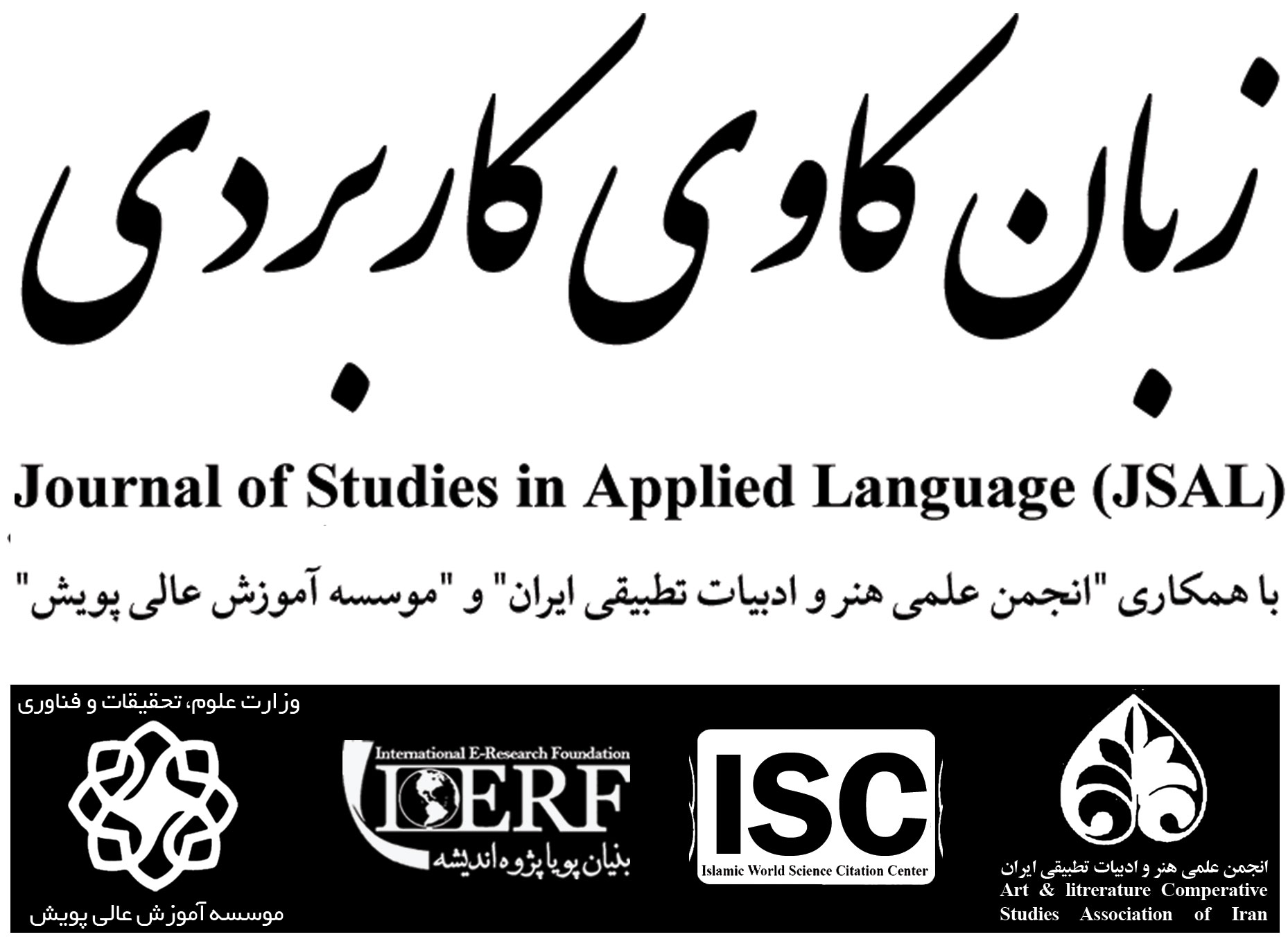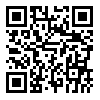<>
Volume 7, Issue 3 (8-2024)
JSAL 2024, 7(3): 25-40 |
Back to browse issues page
Download citation:
BibTeX | RIS | EndNote | Medlars | ProCite | Reference Manager | RefWorks
Send citation to:



BibTeX | RIS | EndNote | Medlars | ProCite | Reference Manager | RefWorks
Send citation to:
Fathollah Zadeh Aghdam S, Mohammadi Nejad Pashaki A. (2024). An Analysis of Imam Ali's Epistle 53 to Malik al-Ashtar through the Lens of John Searle's Speech Act Theory [In Persian]. JSAL. 7(3), 25-40.
URL: http://jsal.ierf.ir/article-1-134-en.html
URL: http://jsal.ierf.ir/article-1-134-en.html
1- Master of Arabic Language and Literature, Faculty of Literature and Humanities, Qom University, Qom, Iran , samanefathollahzade@gmail.com
2- Assistant Professor, Department of Arabic Language and Literature, Faculty of Literature and Humanities, University of Guilan, Rasht, Iran
2- Assistant Professor, Department of Arabic Language and Literature, Faculty of Literature and Humanities, University of Guilan, Rasht, Iran
Abstract: (3543 Views)
Discourse analysis often employs the theory of speech acts, a cornerstone of pragmatics that explores language's role in social interaction and offers a potent method for dissecting literary texts. John Searle, building upon the philosophical foundations laid by his mentor Austin, concentrated on language's philosophical dimensions and classified speech acts into five categories: assertives, expressives, directives, commissives, and declarations. This study scrutinizes Imam Ali's letter to Malik al-Ashtar using Searle's speech act theory. Findings suggest that directive acts are most prevalent in Imam Ali's political discourse, with commands and persuasions being used to engage Malik al-Ashtar's attention and to steer him toward the letter's content and Imam Ali's viewpoints. Imam Ali adeptly employed these directive acts to maintain his audience's engagement. Assertive acts, used for clarification and exposition, are also prominent in his letters. Imam Ali relied on these to recount past events or to issue warnings, as his primary objective in writing was to enlighten and inform Malik al-Ashtar. Expressive acts, which convey the writer's sentiments, perspectives, and reflections on occurrences, are less frequent in Imam Ali's correspondence and are fitting given the letters' context. Commissive acts are similarly scarce, as Imam Ali did not outline future actions for Malik, and the letters lack a commissive character. Furthermore, Imam Ali utilized declarative acts to proclaim new conditions for Malik, employing verbs such as appointing, announcing, and revoking, which are characteristic of declarative speech acts that announce changes in the world.
Type of Study: Research |
Subject:
Discourse Analysis
Received: 2024/06/7 | Accepted: 2024/08/25 | Published: 2024/09/14
Received: 2024/06/7 | Accepted: 2024/08/25 | Published: 2024/09/14
References
1. Holy Quran.
2. Nahj al-Balagha.
3. Agha Golzadeh, F., (2006), Critical discourse analysis, Scientific and Cultural publications. [In Persian]
4. Agha Golzadeh, F., (2013), Critical Discourse Analysis, Development of Discourse Analysis in Linguistics, 2th Edition, Tehran: Scientific and Cultural Publications. [In Persian]
5. Crystal, D., (2008) A dictionary of linguis ticsand phonetic, 6th edition oxford black well publishing itd. [In English]
6. Makarik, I., (2005), Encyclopaedia of Contemporary Literary Theories, translated by Mehran Mohajer and Mohammad Naboi, 2th edition, Tehran: Agah Publications. [In Persian]
7. Safavi, K., (2004), An Introduction to Semantics, Tehran: Sureh Mehr Publications. [In Persian]
8. Searl, j. (1979). Expression & meaning: studies in the theory of speech acts. Uk: Cambridge university press. [In English] [DOI:10.1017/CBO9780511609213]
9. Shamisa, S., (2004), Literary criticism, 4th edition, Tehran: Ferdous Publications. [In Persian]
Send email to the article author
| Rights and permissions | |
 |
This work is licensed under a Creative Commons Attribution-NonCommercial 4.0 International License. |







